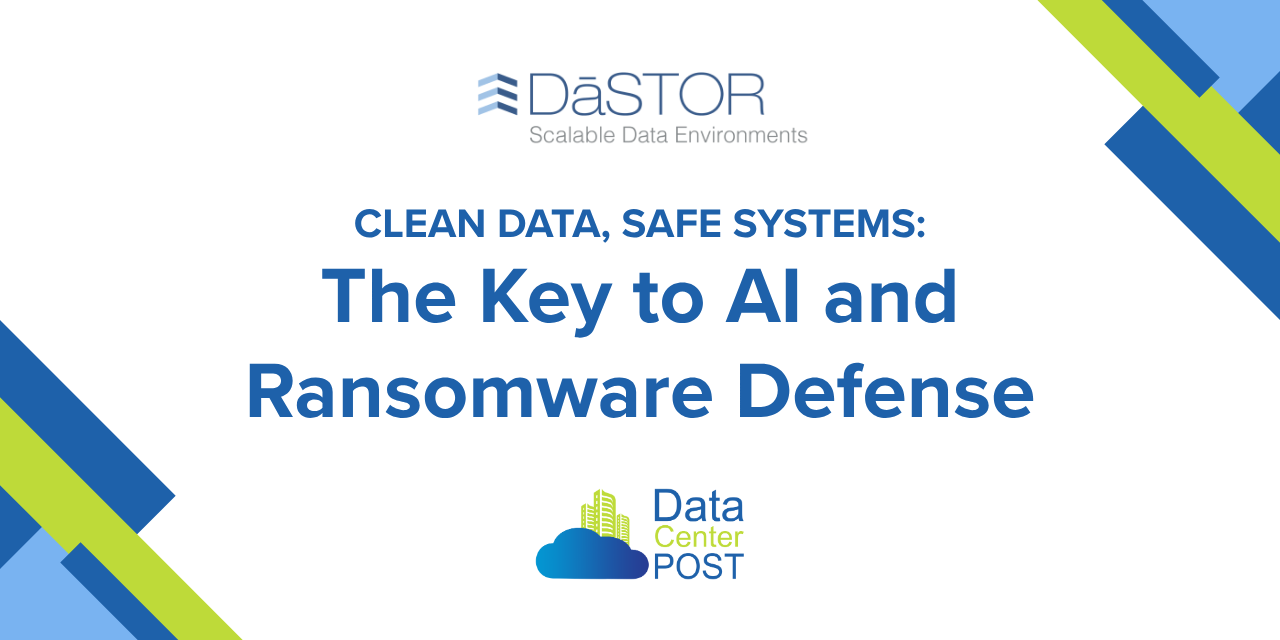Originally posted on Telecom Reseller.
Enterprises are racing to embrace artificial intelligence while also working to defend against increasingly sophisticated ransomware attacks. One of the most important prerequisites for success in both areas often goes overlooked: understanding and managing unstructured data.
Unstructured data includes everything from documents and spreadsheets to photos, videos, and emails. It tends to pile up in sprawling and siloed systems. When left unmanaged, it increases vulnerability to ransomware and creates a barrier to AI adoption. Companies that continue to back up every piece of outdated or trivial data expand their attack surface and spend far more on storage than they need to. Archiving older data lowers costs and risk.
Many organizations only address this issue after a breach or a compliance failure. Often, they do not recognize the risks until they have failed an audit or been forced to respond to an incident. Poor data management not only heightens the chance of a cyberattack but also exposes sensitive information that creates regulatory challenges. During audits, it is not unusual to find salary data, social security numbers, or personal certificates sitting in unsecured files. These oversights may be unintentional, but they clearly violate policies that govern personal information.
To continue reading, please click here.


